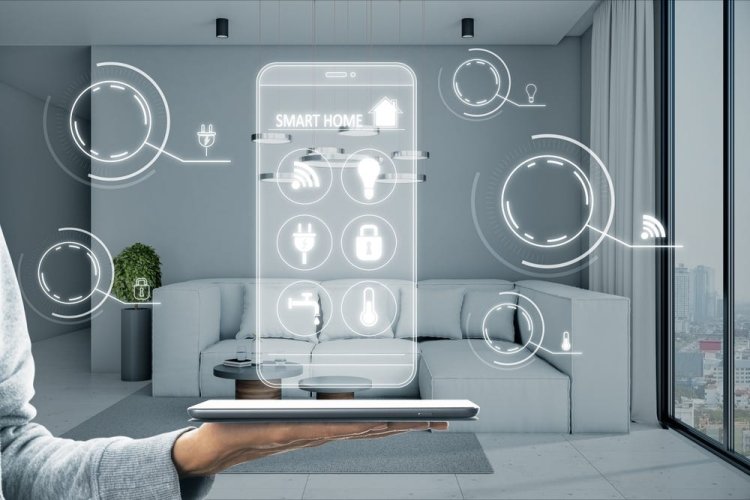What technology powers smart cities?

Smart cities are supported by a number of different technologies that work together to collect and process large amounts of data. This includes:
• Internet of Things Technology – This refers to the network of connected physical devices that can receive, analyze and transmit data to other devices.
• Information and Communications Technology (ICT) – This includes technology such as wireless networks that transmit information. 5G networks are the next generation of mobile networks and these networks will play a major role in smart cities due to their speed, bandwidth capabilities and reliability.

• Cloud Technology – Cloud technology provides storage and processing capacity for the vast amounts of data that cities generate.
• Big Data – This technology helps cities process large amounts of data.
• Artificial Intelligence – Artificial intelligence technology is used to interpret data and make decisions without the need for human intervention.
• Geographic Information Systems (GIS) – This technology is designed to capture and analyze geographic data and is useful for city planning and mapping purposes.
• Of course, these are just some of the key technologies that play an important role in the development of smart cities. There are many others. However, the common denominator when you think about all of these technologies is data.
• By collecting and processing data effectively, it can be used to significantly improve a city's infrastructure.

Using technology such as sensors, wireless networks, image recognition and artificial intelligence, cities can respond to incoming data in real time, which can have a significant impact on the lives of residents.
Smart Cities Technology: Key Subsectors
There are many different ways cities can use technology to improve the way they operate. Here's a look at some of the key subsections of the smart cities topic.
• Energy Efficiency: One of the main focuses of the Smart Cities theme is improving energy efficiency in order to reduce costs and enhance sustainability. Today, smart street lighting, which can reduce energy consumption by turning it off when no one is around, is becoming increasingly popular.
For example, Chicago recently launched a program to replace nearly 300,000 streetlights with smart controls by 2021, which could save the city about $10 million per year in energy costs. Other cities have also implemented rooftop solar mini-grids that enable users to sell energy to each other.

• Water: Technology can also play an essential role in improving water sources, treatment and delivery. Today, smart water systems can measure rainfall, provide real-time flood analysis, detect leaks as well as track consumption patterns, which can help optimize water use and reduce water waste.
• Waste Management: With the help of advanced technology, cities can also make waste removal services more efficient. For example, cities can use IoT sensors to measure the fullness of bins, so that when a bin is full, they can instantly send that information to a cloud-based application that can optimize the route of waste collection trucks.
Recently, the Spanish city of Santander implemented this type of waste disposal system, deploying 6,000 devices using IoT technology across the city to monitor its bins.
• Traffic management, public transportation, and augmented mobility: By harnessing the power of technology, city planners can gain insights into traffic flow patterns, roadworks, congestion, and road conditions, and use these insights to improve traffic flow.
One example of a city that is already using an intelligent traffic management system is Amsterdam. By monitoring real-time traffic, the city can broadcast information on current travel times, helping motorists decide on the best route at any given time.
• Improve public transport networks, resulting in faster and safer trains and buses, and cities can also boost mobility by offering smart bikes and scooters for short journeys. For example, in Barcelona, bicycles are a major part of the public transportation system.

• Environmental protection: While cities produce a large proportion of the world's GDP, they also produce about 70% of global pollution, and the World Health Organization believes that more than 90% of the world's population lives with pollution above recommended limits.
• Reduce air pollution levels in densely populated areas. For example, through the use of wireless sensor networks, a city can collect and analyze data on environmental factors such as air quality. Overall, smart city technology may play a key role in helping cities promote sustainability.


 Shrouq
Shrouq 












